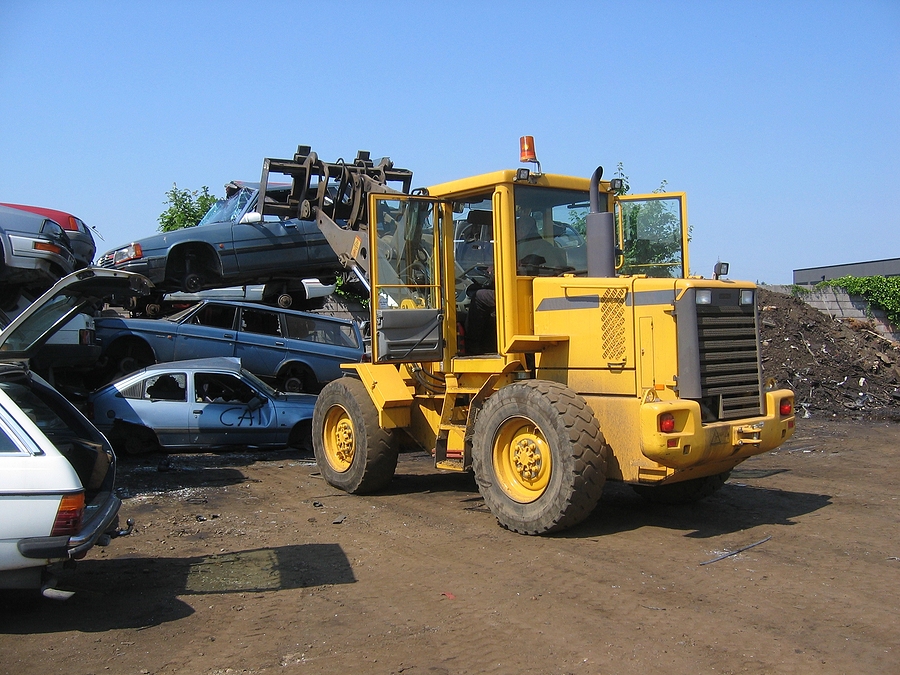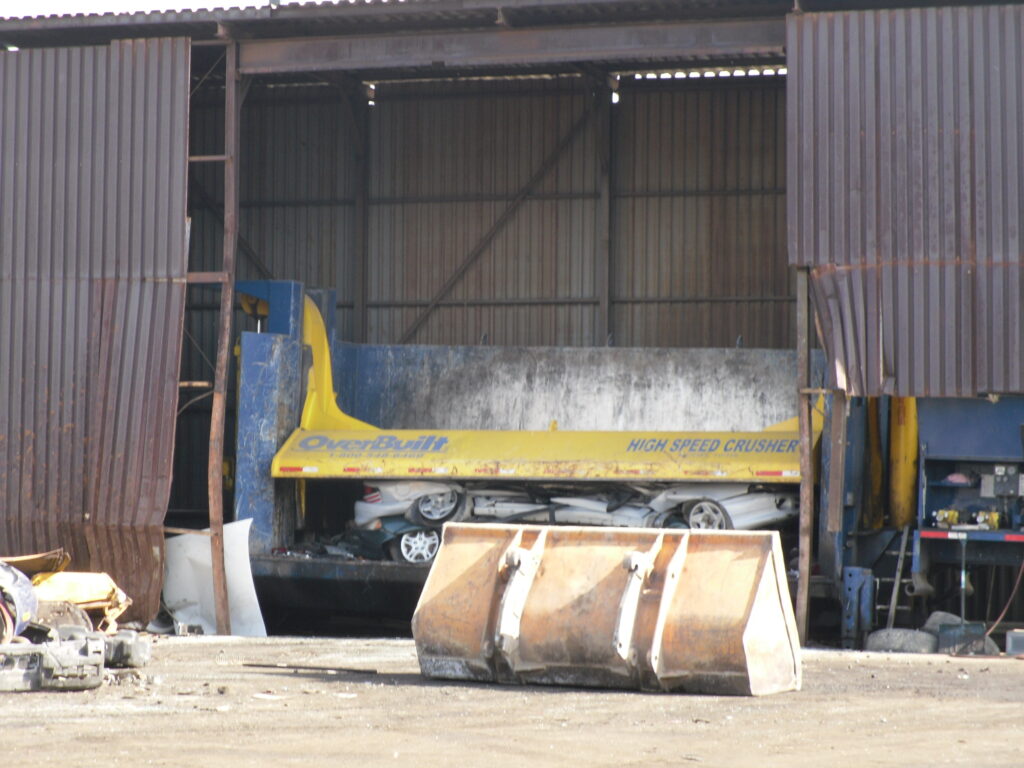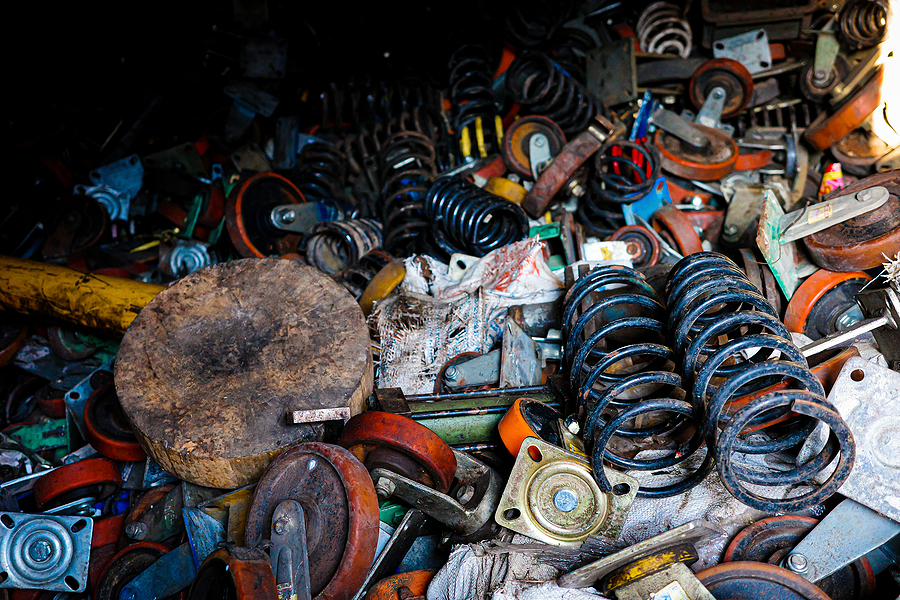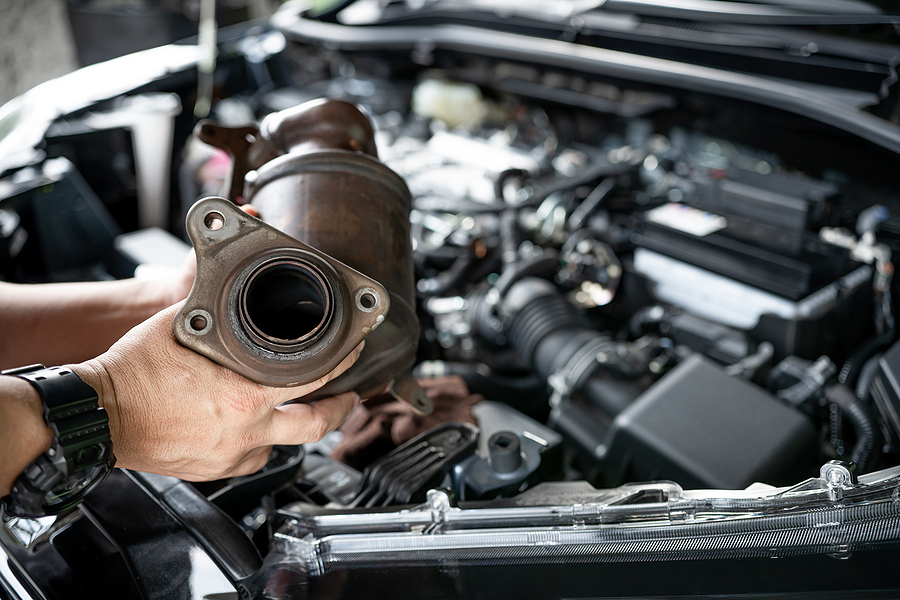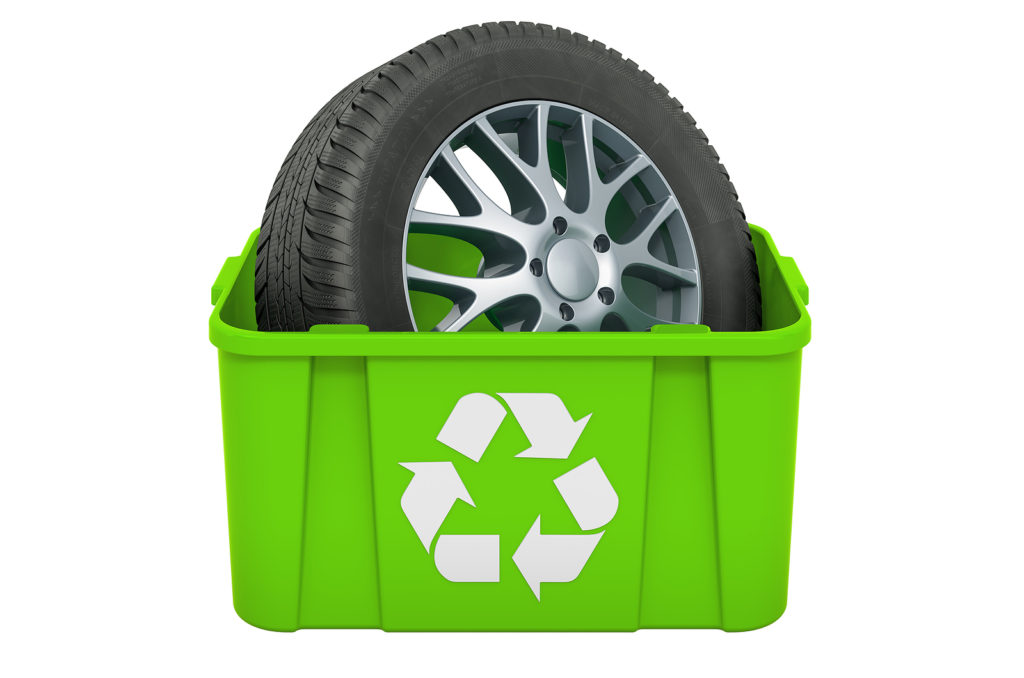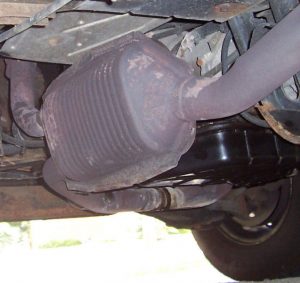The scrap metal industry is not only a vital contributor to sustainable waste management but also an economic powerhouse, with metal recycling alone accounting for $85 billion in the U.S. annually. Understanding scrap metal prices is fundamental to the industry’s success, yet the volatility and complexity of metal markets can leave many recyclers in the dark.
In this extensive guide, we will dive deep into the world of scrap metal prices, examining the market dynamics and pricing structures of various metals, offering invaluable tips for maximizing returns, and providing a comprehensive overview of the scrap metal landscape. Whether you’re a seasoned metal trader or a novice scrapper, this post aims to demystify scrap metal pricing, helping you to unlock the full value of your scrap metal.
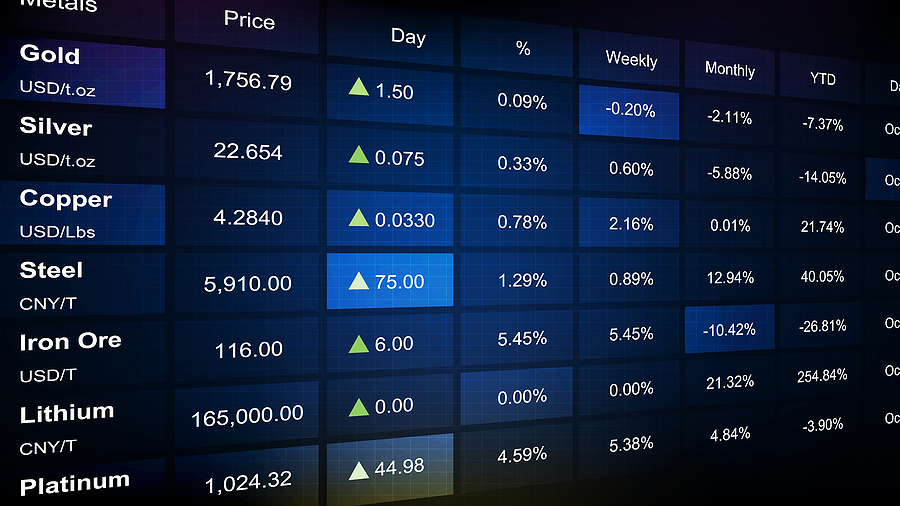
Understanding Scrap Metal Pricing
Before we can discuss specific metals and their prices, it’s crucial to comprehend the broader factors that influence how scrap metal is valued. Several key elements play a role in determining the price of any given metal.
Factors Influencing Scrap Metal Prices
Economic Cycles: The cyclical nature of economies can cause extreme fluctuations in the demand for goods made from metals, and therefore scrap metal prices. In times of economic growth, the demand for construction, infrastructure, and consumer goods rises, leading to increased prices for scrap.
Global Trade: International factors, such as tariffs, trade agreements, and currency exchange rates, can significantly alter the demand for exported and imported scrap metals, shaping local market prices.
Energy Costs: Operations in the scrap metal industry are energy-intensive. As such, the cost of energy, especially electricity and fuel, directly affects the expenses of recycling processes, which are then reflected in the prices of scrap metal.
Environmental Regulations: Stringent environmental laws enhance the costs of operations and often lead to an increase in scrap metal prices as recyclers reflect these additional expenses in their quotations.
Scrap Collection and Processing Costs: The costs associated with collecting, sorting, and processing the scrap, including labor, fuel, and equipment maintenance, significantly influence the final pricing to buyers.
Different Pricing Mechanisms for Various Metals
Different metals are priced based on various market mechanisms. Ferrous metals, such as steel and iron, are generally priced based on weight and tend to have more stable pricing due to their abundant use in construction and manufacturing. On the other hand, non-ferrous metals like copper, aluminum, and zinc are often priced by the pound and can fluctuate widely due to their uses in high-value products like electronics and car parts.
Aluminum Pricing
As one of the most commonly recycled metals, aluminum has seen stable growth in demand and pricing. This light, durable metal is used in a wide range of products, from beverage cans to automobile parts, and its recycling conserves energy and resources.
Market Trends, Price Determinants, and Recycling Impact
Aluminum prices are influenced by the global car industry and construction sector, which accounts for nearly a quarter of aluminum use. The beverage industry also significantly impacts aluminum pricing due to the high demand for cans. With a positive market outlook for industries that rely on aluminum, the prices for this metal continue to be favorable for recyclers.
Recycling aluminum requires significantly less energy than mining new resources, making it a cost-effective and Eco-friendly strategy for producers. This environmental advantage often translates to better pricing for recycled aluminum compared to other metals and plays a crucial role in sustaining its market value.
Copper Pricing
Copper is often called “Dr. Copper” for its ability to predict economic health. It serves as a critical component in a wide array of applications, from electrical wiring to consumer electronics, making it prized for its high conductivity and resistance to corrosion.
Value Fluctuations, Demand-Supply Dynamics, and Market Outlook
The value of copper is notoriously sensitive to global economic changes, as it is heavily relied upon by the construction, automotive, and electronics industries. Recent years have seen a surge in demand for copper due to the rise of electric vehicles and renewable energy technologies, which require substantial amounts of the metal.
Supply disruptions, such as mine closures, also play a significant role in shaping the pricing of copper. The overall market outlook is positive, with growing demand and a potential supply crunch contributing to the projected increase in copper prices.
Steel Pricing
Steel is the backbone of many industrial processes and the cornerstone of the global economy. Its pricing is structured differently from that of non-ferrous metals, reflecting the unique way in which steel is recycled and fabricated.
Pricing Structure, Recycling Nuances, and Industry Insights
The steel industry predominantly uses two pricing structures: index-based and spot-market. The former is based on a combination of U.S. and international price indices, which determines price changes, while the latter fluctuates daily with the market demand and supply.
Recycling steel is a highly efficient process, with nearly all steel products containing some recycled material. The scrap steel industry is closely tied to the manufacturing sector’s health, and as a result, scrap steel prices are often used as an economic indicator.
Iron Pricing
Iron’s robustness and versatility make it invaluable for myriad uses, particularly in the construction and manufacturing sectors. It is often priced and traded separately from steel due to the differences in their properties and uses.
Pricing Variations, Industrial Applications, and Recycling Significance
The pricing of iron can be more volatile than steel, as it is impacted by a wider range of industries and applications. Unlike steel, which experiences relatively stable demand due to stockpiling and constant use, iron prices may fluctuate more significantly.
The recycling of iron, although it may not be as common as other metals, is becoming increasingly important as global awareness of the need to reduce carbon emissions grows. Iron recycling is a cornerstone in the circular economy model, where products are reused, and waste is minimized, making it crucial in driving sustainable practices in industries where iron is a critical component.
Tips for Maximizing Returns
Navigating the scrap metal market with the goal of maximizing returns requires strategy and awareness. Here are some tips to help you optimize the value of your scrap metal:
Assess the Current Market: Continuously monitor scrap metal prices and market trends to understand which direction the prices for different metals are likely to move.
Improve Scrap Quality: The cleaner and purer the scrap metal, the higher its value. Invest in sorting and processing techniques that improve the quality of your scrap.
Time Your Sales Smartly: Try to sell your scrap metal when market conditions are favorable, which often corresponds with high demand and low supply periods.
Reduce Processing Costs: Find innovative ways to cut down on processing expenses by optimizing energy usage, improving logistical efficiency, or leveraging economies of scale.
Best Practices for Pricing Negotiations
Know Your Product: Understand the type and quality of scrap metal you’re dealing with to be confident in your negotiations.
Understand the Buyer’s Needs: Knowledge of the buyer’s industry and specific needs can help position your scrap as a valuable solution.
Be Aware of Local and International Regulations: Stay up to date on regulations that could affect the pricing of your scrap metal, such as environmental tariffs or import/export restrictions.
Network with Industry Peers: Keeping in touch with peers and industry experts can provide valuable insights into pricing strategies and market conditions.
How Scrap Metal Prices Impact the Value of Junk Cars
The value of junk cars is closely tied to the current prices of scrap metal. When there is a high demand for recycled materials, such as during periods of economic growth, scrap vehicles and motorized equipment (i.e. tractors, bulldozers, jet skis, etc.) can fetch higher prices due to their potential scrap value.
Conversely, when metal prices drop or if there is an oversupply in the market, the value of junk cars may decrease. It is essential to keep an eye on scrap metal prices when considering selling a junk car for salvage.
Conclusion
The value of scrap metal is not just in its utility as a raw material for new products but also in its role in promoting a sustainable and profitable recycling industry. Informed decisions about when and how to sell scrap metal can lead to significant financial savings and potentially improved business relationships. By staying knowledgeable about the factors that influence scrap metal prices and employing the best practices and tips we’ve outlined, you can be an active participant in shaping the industry’s future.
Remember, in the intricate web of the scrap metal market, each piece of advice, every transaction, and all market knowledge you gather contributes to the bigger picture. As you navigate the landscape from aluminum to zinc, let this guide be your compass, illuminating the path to better pricing decisions and a more prosperous scrap metal trade.
Are you a junk car owner who likes to make extra cash in the fastest way possible? If so, just sell your junk car to us! Contact Zore’s Inc. Cash for Cars Indianapolis at 317-450-3721 to speak with our professional junk car buyers about our free junk car removal services in Central Indiana. We accept anything made of metal, regardless of age or condition. Request a quote today!
Related Posts:
Which Metals are Most Valuable in a Junk Car?
Recycle These Highly Valuable Auto Parts for a Cash Payout
Can Junk Cars Be Recycled?

